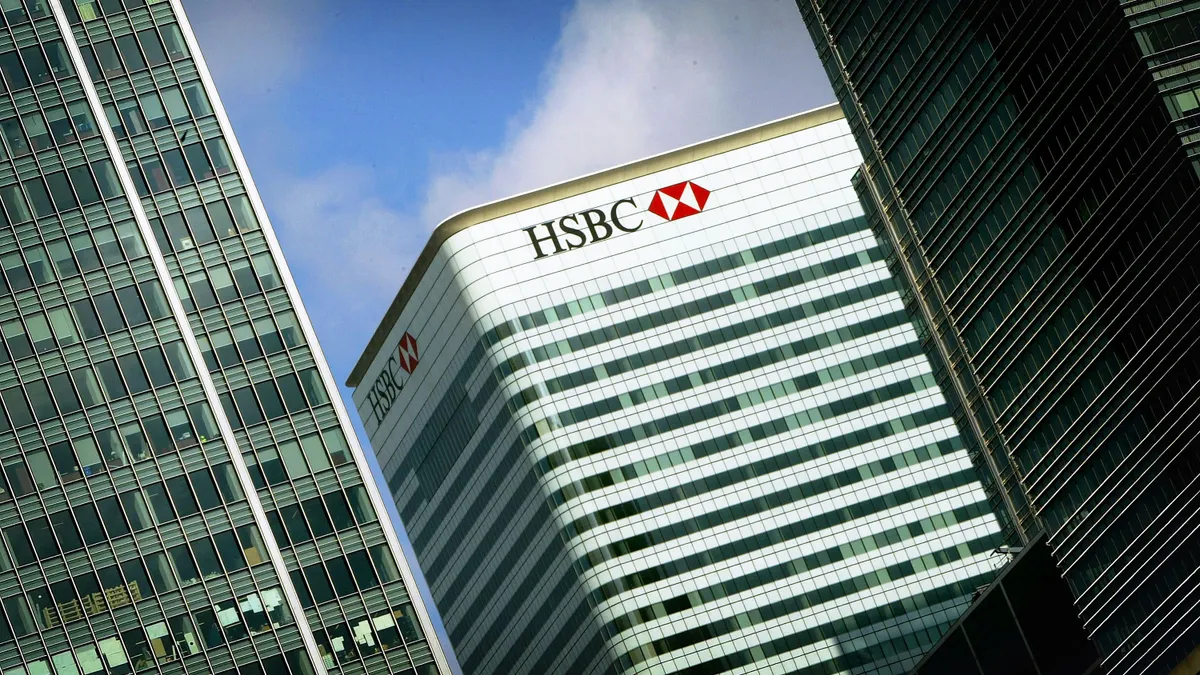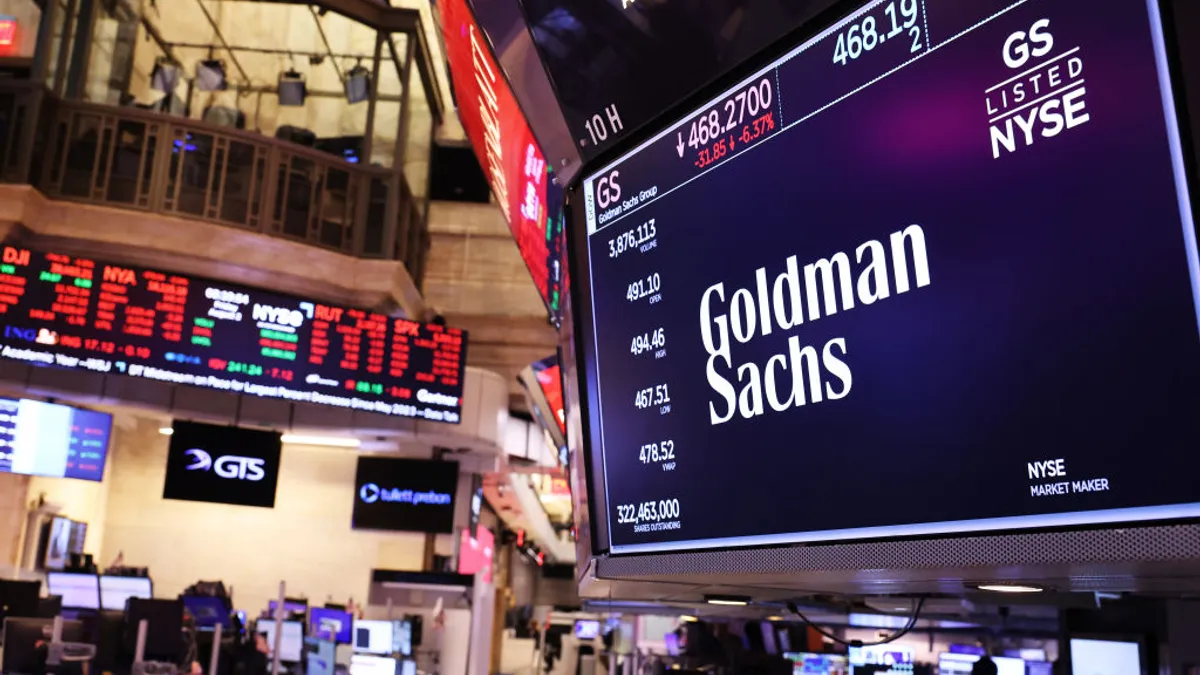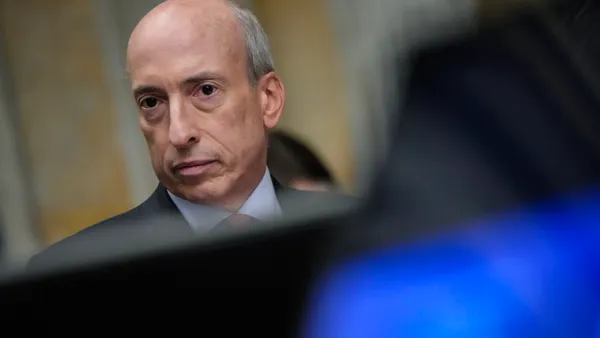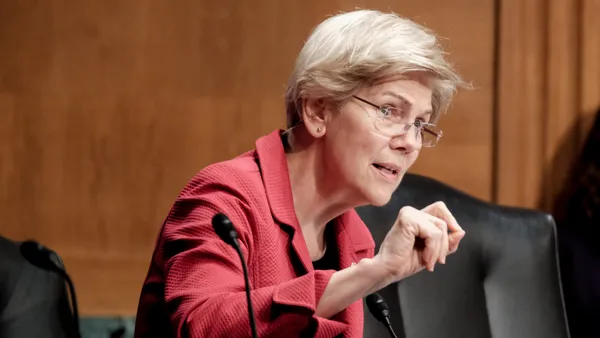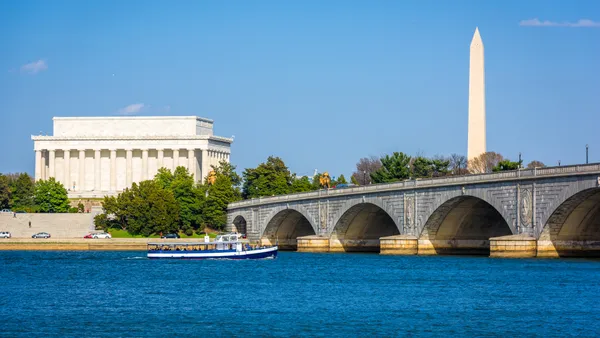A federal judge in San Francisco on Tuesday dismissed most of the claims First Citizens Bank lodged against HSBC over the British bank’s hiring last year of 42 Silicon Valley Bank employees as Raleigh, North Carolina-based First Citizens was acquiring the remains of SVB.
“Right now, the allegations against most defendants show only a failed bank and employees decamping to a better business opportunity,” U.S. Magistrate Judge Laurel Beeler wrote Tuesday in an order.
Beeler, however, allowed three claims to proceed, alleging theft of trade secrets and breach of contract.
“Maybe discovery will support claims for a nefarious scheme to poach trade secrets and steal a business model,” Beeler wrote of the fact-finding phase that occurs before trial.
An HSBC spokesperson told Reuters the bank was pleased with Tuesday’s ruling.
“HSBC is strongly committed to the innovation banking space and to our employees, and will continue to vigorously defend against the lawsuit brought by First Citizens,” the spokesperson said.
Beeler is set to hold a conference next month to discuss next steps in the case.
A First Citizens representative did not immediately respond to a request for comment from Reuters.
First Citizens, in its lawsuit, identified David Sabow, SVB’s former head of tech and healthcare banking in North America, as the “chief architect” of a scheme — code-named Project Colony — meant to bring the “core of SVB’s profitability engine” with him to a rival unit at HSBC.
Sabow, unbeknownst to First Citizens, joined HSBC within days of the British bank’s March 13, 2023, acquisition of SVB’s U.K. unit, then helped HSBC identify six key U.S. leaders as hiring targets, according to First Citizens’ complaint. The six could, in turn, persuade 35 more bankers to follow, First Citizens said.
First Citizens identified the same six leaders as crucial to a transition team that would help the North Carolina bank integrate SVB assets, it said.
In all, 42 employees submitted their resignations, effective immediately, within a half-hour of one another on April 9, 2023, First Citizens said in the lawsuit.
HSBC said it “lawfully extended job offers” to former SVB workers whose employment status was tenuous because First Citizens had agreed to pay the employees only until it decided whether to officially hire them, according to court filings seen by Bloomberg. A one-page “new hire acknowledgment” form the employees signed didn’t constitute an offer letter, HSBC argued.
First Citizens, however, said Sabow used data from SVB to estimate that a unit composed of the bankers he intended to poach could hand HSBC $66 million in profits over its first year. That figure could jump to nearly $1.3 billion by the fifth year, the complaint asserted.
Beeler took issue with First Citizens’ initial suit, saying it was “confusing and need[ed] to be cleaned up.”
In an amended complaint, First Citizens asserted that HSBC executives including now-outgoing CEO Noel Quinn knew of the plan targeting the SVB employees.
Beeler on Tuesday left open the chance for First Citizens to establish jurisdiction over HSBC's U.K. arm, where Sabow works.
HSBC had asked the judge to dismiss all of First Citizens’ claims apart from the trade-secrets allegations against SVB UK and HSBC Bank USA, Sabow and another former SVB executive.
“Discovery will prove these claims are meritless,” HSBC said, according to Bloomberg.
First Citizens is seeking more than $1 billion in damages in its lawsuit.



